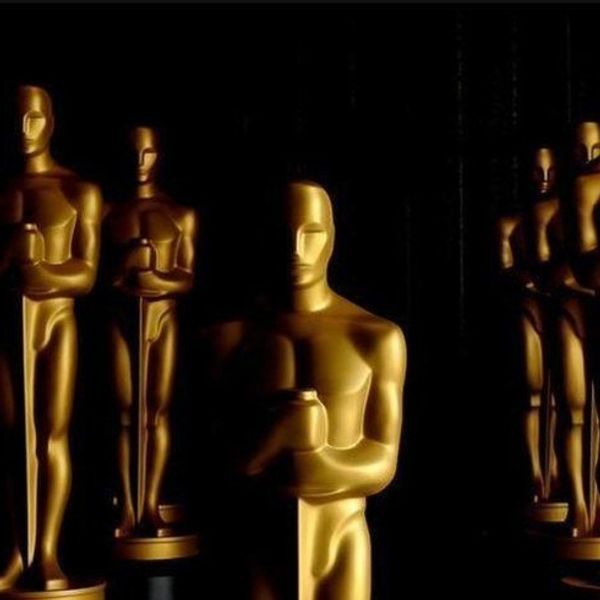Growing up in Southern California, I saw many people from all walks of life: Black, Asian, Hispanic, Native American and white. But in the movies and on the TV was another story.
I saw mostly white people, and I wondered where all the color went. From grade school to middle school, kids would incessantly call me Mulan or Pocahontas, neither characters were Filipino, but they were the closest compared to characters like Snow White or Cinderella. I never actually saw a real person like me, a brown, Filipino girl, on the big screen.
Representation in the media matters because it shows young children that they can enter any field they want and succeed. When I saw "Star Trek" in 2009, I was more than ecstatic that Zoë Saldana and John Cho, people of color, were main characters in the movie. There they were, not just background characters or extras, but with leading roles. And when Lupita Nyong'o gave her speech at the Oscar's on the validation and very real possibility of every little child's dream to be on the silver screen—no matter where they were from – I cheered along with the rest of the nation. Her speech was empowering, not only because it was aimed toward children from each and every walk of life, but also because it hinted at the fact that you don't need to possess the European standard of beauty; you could be beautiful in your own way and still make it in "the biz."
In recent years, many actors and actresses of color have addressed how roles are simply not available to them because the directors and people who cast the movie or TV show are looking for a specific kind of person. As much as I admired Reese Witherspoon in "Legally Blonde" for her self-reliance and persevering attitude, I wondered if Hollywood was ever going to make a movie with a leading woman of color. Hollywood also needs to know that there is more than one kind of Asian. John Cho is a talented actor who is capable of playing whatever his role calls for, but the span of Asia goes beyond South Korea.
And, what about disabled people? Or, how maybe people from the LGBTQA community? The last movie I saw with a disabled women was a horror movie comedy where her peg leg was the source of ridicule. And as much as "Me Before You" tore at my heartstrings, I haven't seen another disabled character since Kevin McHale on "Glee." It's important for kids and young adults in the LGBTQA community to be represented in the media, too. Movies have enough straight, white female and male characters. Diversity exists in society, so why doesn't it seem that way in the media?
So, let's start making more movies and TV shows that pass the Bechdel Test and Racial Bechdel Test. Let's make more movies that showcase the span of diversity. What do you say, Hollywood?




















